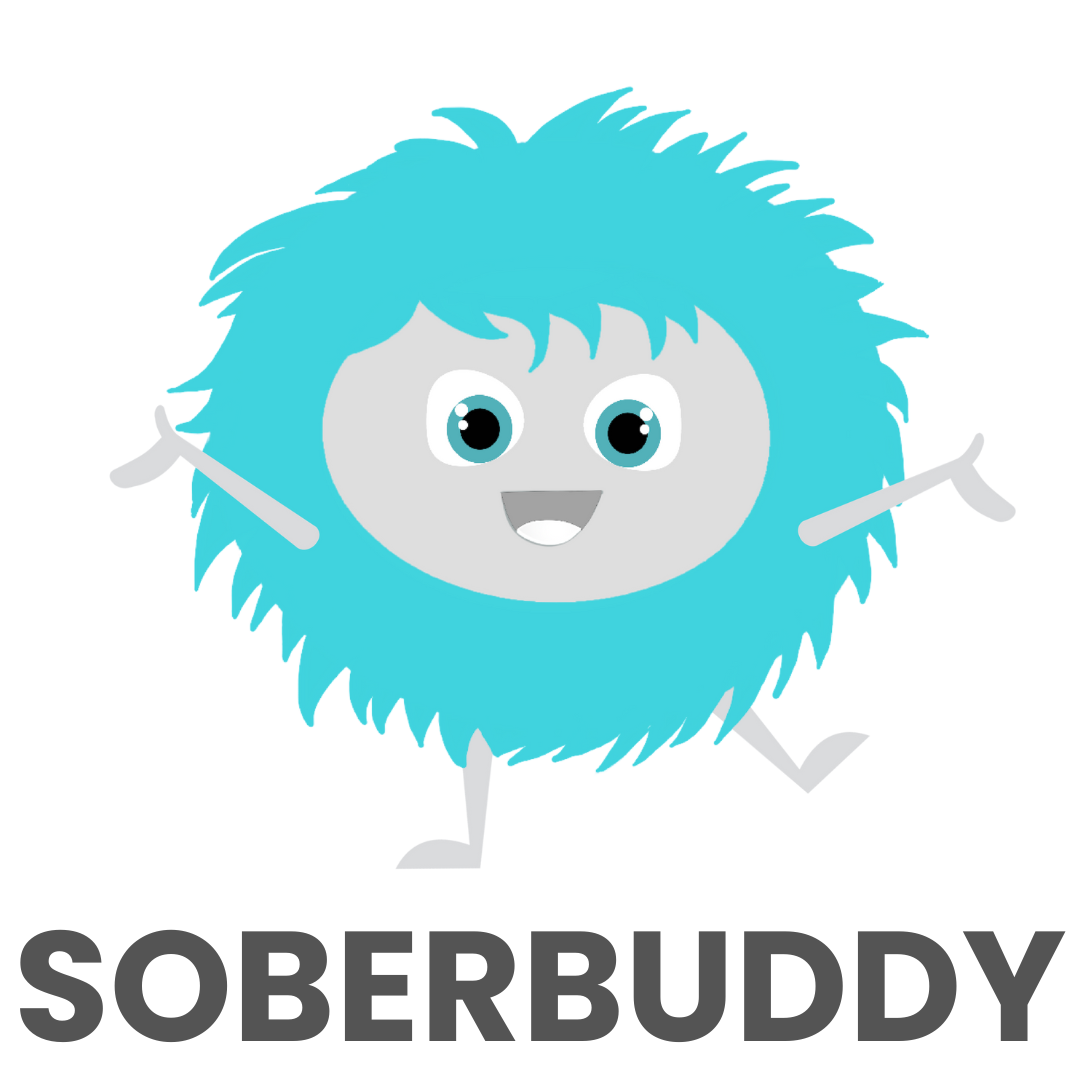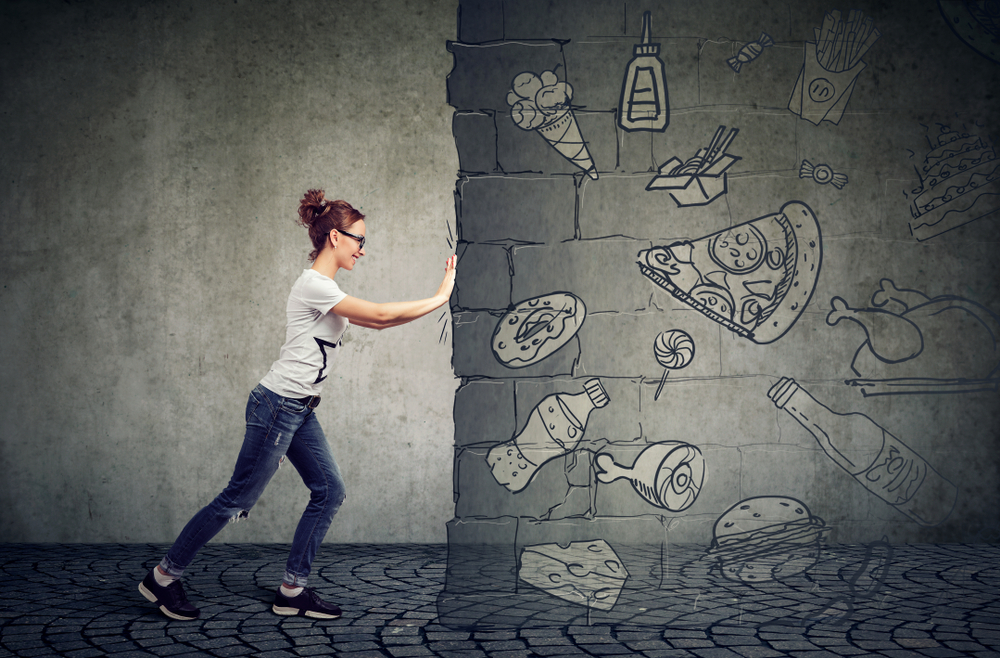We live in a world where temptation is all around us. Regardless of how focused and dedicated you are to recovery, there will be brief moments where you feel tempted to use. Identifying triggers and avoiding them is essential for avoiding a relapse. The best way to handle triggers is to have a plan in place for whenever you feel tempted. This will minimize cravings and avoid slipping further towards use. Here are a few coping mechanisms that will help you manage cravings along the way.
- Think About Why You Stopped Using In the First Place
Everyone in recovery has their own personal story and started their recovery journey for a variety of reasons. Reminding yourself of these reasons when you feel triggered will help your brain focus on staying on track. We also recommend looking up the negative side effects addiction has on your body. This can be a quick and powerful way to remind yourself that this thing that’s triggering you is bad for you, and that you’re making the healthier choice by avoiding it.
- Talk About How You Feel
Phoning a friend, sponsor, or loved one to talk about what you’re feeling can help you analyze why you’re having cravings in the first place, like after a rough break up. Friends and family are there to support you through this tough time and can be a reminder of why that person, or in this case, the addiction belongs in the past. It can seem intimidating at first to talk about your cravings, but the more you do, the easier it will be to accept your cravings and understand that they’re a normal part of the recovery process.
- Distract or Remove Yourself
If you are at a place where the environment is making you feel triggered to use, find a way to distract your mind, and remove yourself from that environment. This can mean leaving a party to take a walk around the block to let your mind cool down. Don’t be afraid to leave a situation that’s making you feel tempted, you’re actually doing the brave and powerful thing by leaving. Your recovery is your priority. You can also do simple things to distract your mind like reading a book, starting a new podcast, finishing a DIY project. Starting a mindless, but easy activity that will engage your mind is a useful way to cope with a craving.
- Believe in Yourself & Have Patience
The longer you’re in recovery the easier cravings will be to handle. The same way it is with anything else, the longer we work at something the better we become. At the beginning cravings will seem all consuming, but then they’ll just be slightly distracting, and so on. The key message is to not give in no matter how bad the urge is.
At the end of the day, remember that “recovery is about progression, not perfection.”

